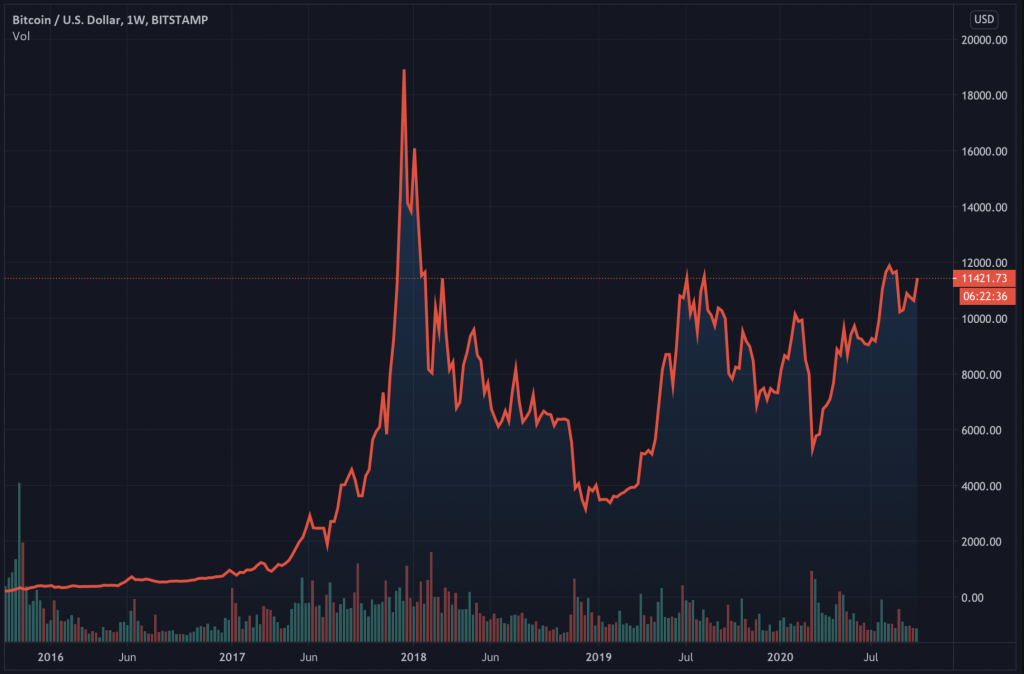Earlier this year, the People’s Bank of China (PBOC) issued a digital version of its currency – the first central bank to do so – via trials in several major Chinese cities. Although the new pilot currency, which still lacks an official name but is known shorthand as Digital Currency Electronic Payment (DCEP), does not have an official launch date yet, the PBOC has announced that there have been over 3.13 million transactions processed already.
According to the PBOC deputy governor Fan Yifei, the new digital currency has accounted for $162 million in transactions thus far, with 6,700 use cases at the end of August ranging from bill payments, government services, and transport. As part of the pilot program, over 8,800 corporate digital wallets and nearly 113,300 personal digital wallets have been opened thus far, with the e-yuan being used for various payment methods including tap-and-go transactions, barcodes, and facial recognition.
China’s new digital currency pilot project has been launched across several major Chinese cities including Chengdu, Suzhou, and Shenzhen. The DCEP shares similar features with other popular cryptocurrencies including Bitcoin and Facebook’s Libra, and is expected to eventually replace cash in China. Cryptocurrencies such as Bitcoin have been faring relatively well, and alongside the coronavirus pandemic and its social distancing measures the urgency for digital currencies has been heightened.

Information for this briefing was found via the PBOC. The author has no securities or affiliations related to this organization. Not a recommendation to buy or sell. Always do additional research and consult a professional before purchasing a security. The author holds no licenses.









